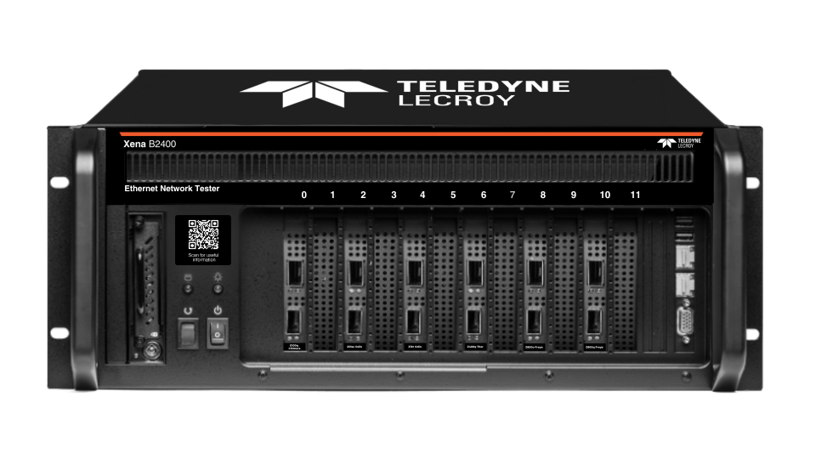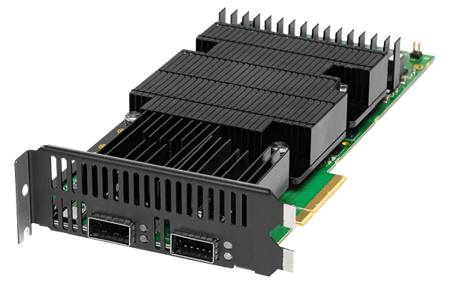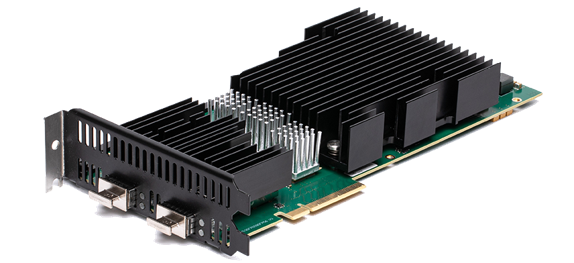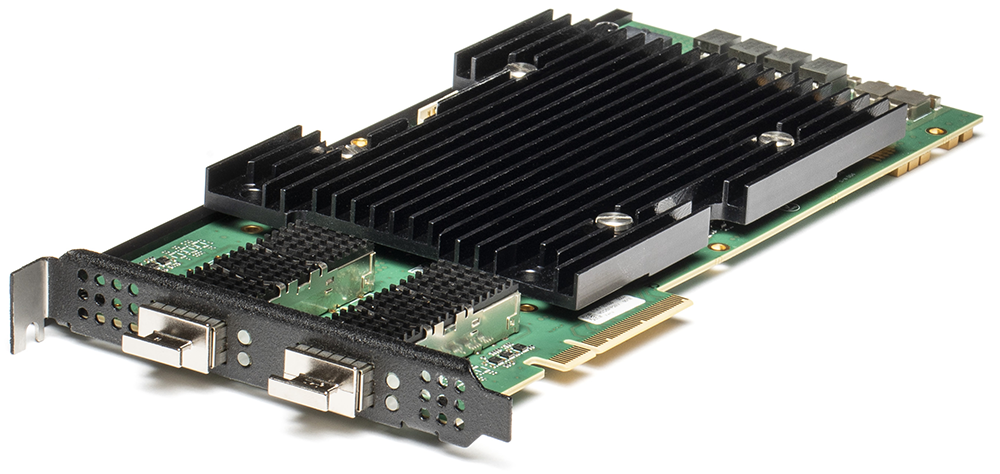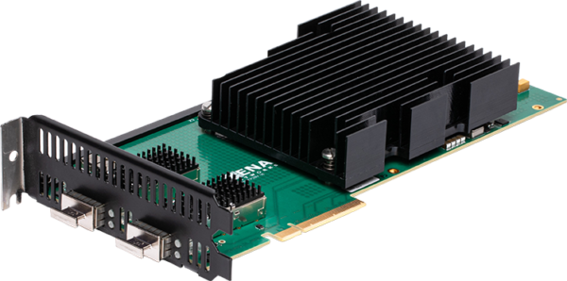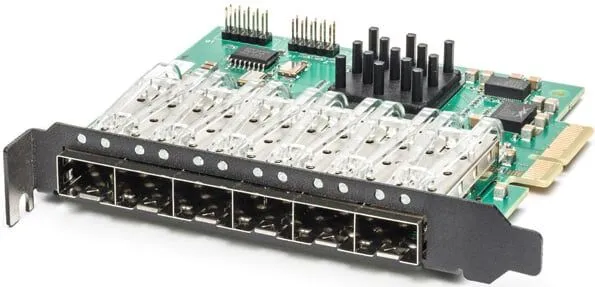A protocol analyzer is a vital tool for network and communication diagnostics, designed to monitor, capture, and analyse data traffic between devices. It plays a crucial role in ensuring seamless connectivity, troubleshooting network issues, and optimising performance.
Whether for Ethernet, USB, or wireless networks, our high-performance analyzers provide real-time insights to enhance protocol integrity and compliance. Equipped with advanced features, they cater to a wide range of industries, including telecommunications, data centres, and semiconductor testing.
Ethernet Protocol Analyzers – Essential for network engineers, these analyzers capture and decode Ethernet traffic, ensuring seamless data communication in enterprise and cloud environments.
Wireless Protocol Analyzers – Used to monitor and troubleshoot wireless networks, these analyzers provide in-depth insights into Wi-Fi, Bluetooth, and IoT device communications.
USB Protocol Analyzers – Ideal for developers working with USB interfaces, these analyzers help in debugging connectivity issues and ensuring data transfer efficiency.
Storage Protocol Analyzers – Designed for high-speed storage networks, these analyzers monitor Fibre Channel, NVMe, and SATA/SAS protocols, ensuring optimal data integrity.
Automotive Protocol Analyzers – Used in vehicle diagnostics, these tools assess communication between electronic control units (ECUs), improving performance in modern automotive systems.
With the right protocol analyzer, businesses can enhance testing accuracy, streamline development, and ensure compliance with industry standards.

